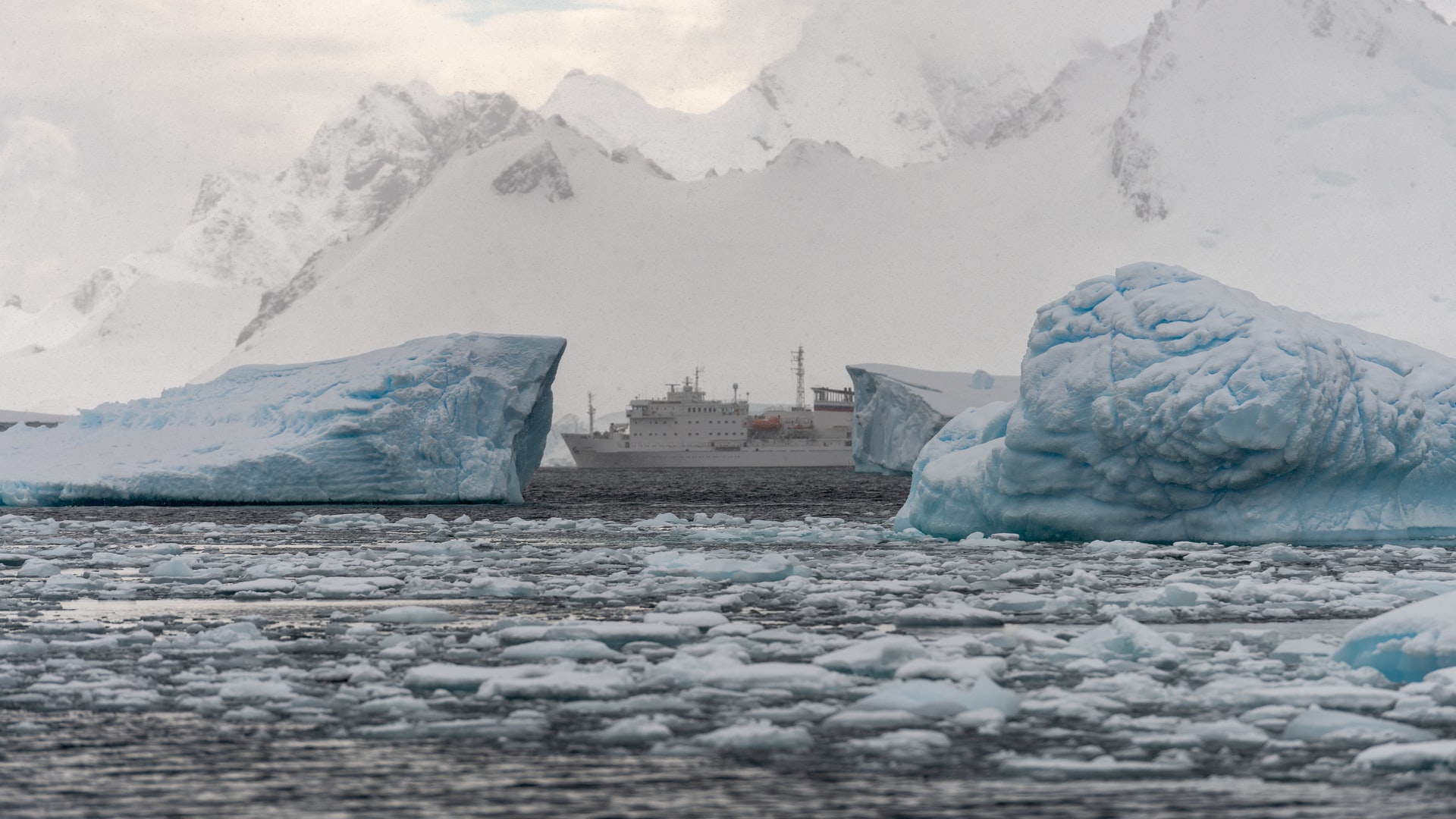The US Climate Change Imperatives
Climate change is a harsh reality that is often given less priority. It seems to feature in policymaking objectives but more often than not, efforts in this area are found lacking. At the beginning of President Trump’s tenure, the US chose to withdraw from the Paris Accord because it felt the terms of the agreement were not in favor of US interests. This was clearly a grim signal from a global leader, especially at a time when the effects of climate change are only becoming clearer.
According to Climate Action Tracker, the global average temperature is currently at 1.1°C over pre-industrial levels. It is expected to rise to 2.9°C by 2100, based on current policies being implemented by governments. This far exceeds the Paris Agreement goal of 1.5°C.
Much as development is necessary, it cannot forge ahead with scant regard for the environment. To encourage deliberations on such urgent issues, Horasis is convening the ‘Horasis Extraordinary Meeting on the USA’. The online event is scheduled for 18 March 2021 and it will have several sessions paneled by senior members of the Horasis Visions Community.
Climate Change Consequences
The receding polar ice caps are often in the news. It does generate concern, but all too soon, the enthusiasm is lost in the din. It took a Greta Thunberg for the world to take notice of just how serious the climate change issue is. Climate change and the associated rise in sea levels is even threatening the existence of countries such as Malta, Kiribati and Tuvalu. Malta, for one, may cease to exist in as little as three decades from now.
Rising sea levels are also going to witness the emergence of a new segment of displaced populations. While war and armed aggression have always resulted in millions suddenly finding themselves as refugees, rising sea levels will lead to climate change refugees. This is an imminent possibility in regions such as coastal Bangladesh. Its neighbor, India, already has disagreements with it over illegal migration issues and if environmentally sustainable processes are ignored, the two neighbors might be faced with an enormous predicament.
Longer heat waves imply potential drought conditions. And this will directly impact agriculture and therefore, food security. There is also the possibility of increases in frequency of forest fires that stand to endanger flora and fauna, and the degradation of potential livelihoods that depend upon them. Forest fires are a direct consequence of climate change. Australia was witness to its deadliest blaze on record in 2019 that destroyed millions of hectares of forest land. Likewise, the US too faces the threat of increasing episodes of wildfires. California is prone to these ecological disasters and over the past few decades, the blazes have only grown bigger.
The US Must Assume the Lead on Climate Concerns
A 2017 report by the U.S. Global Change Research Program – an authoritative voice on the US’ climate future was quick to acknowledge that the US is expected to witness an increase in annual average temperatures of 1.4°C between 2021-2050. Although the intensity of both warm and cold days is expected to increase, the number of days below freezing point is forecast to decline.
The world was looking up to the US to spearhead the cause of climate change, but its stance was a letdown. There was no green recovery initiated during the current administration’s tenure. Instead, the pandemic was used as an alibi to continue relaxing environmental regulations. In an added blow to environmental concerns, a new rule rolling back automobile fuel efficiency standards was introduced. It also revised energy efficiency appliances standards, and regulations that governed the release of mercury from coal and oil-fired plants were relaxed.
The new US administration that is due to assume office in January 2020 has expressed its intent to achieve net-zero emissions in the country by 2050. Meanwhile, the president-elect’s US$2 trillion economic recovery plan announced earlier in July 2020 focuses on clean energy investments and employment generation in this sector.
There is hope that the US will revive its commitment to climate change and in the process, serve as an example for emerging economies to emulate. The US is slated to rejoin the Paris Climate Accord and renew its commitment to address climate change.
There is Hope
Niklas Höhne of the NewClimate Institute says, “Taken together, the US and China going to net zero emissions would reduce our estimate of end-of-century warming to 2.3-2.4°C, taking the world 25-40% of the way towards limiting warming to the Paris Agreement’s 1.5°C limit.”
A global crisis such as climate change needs engagement from all quarters. Yielding profits is, no doubt, the cornerstone of any business and profits must be generated to ensure its sustainability. However, an unwavering focus on profitability alone is a shortsighted goal. Environment friendly practices must be adopted, the quest for lesser emissions must be followed through and renewable energy sources must be leveraged.
Governments, businesses, and individuals must all assume the mantle of environmental stewardship and each contribution, minuscule as it may seem, can help take one step towards a better environment.
Photo Caption: Climate change will have dire consequences on all of humanity, and needs to be addressed with utmost urgency. Photo by Paul Carroll on Unsplash.



